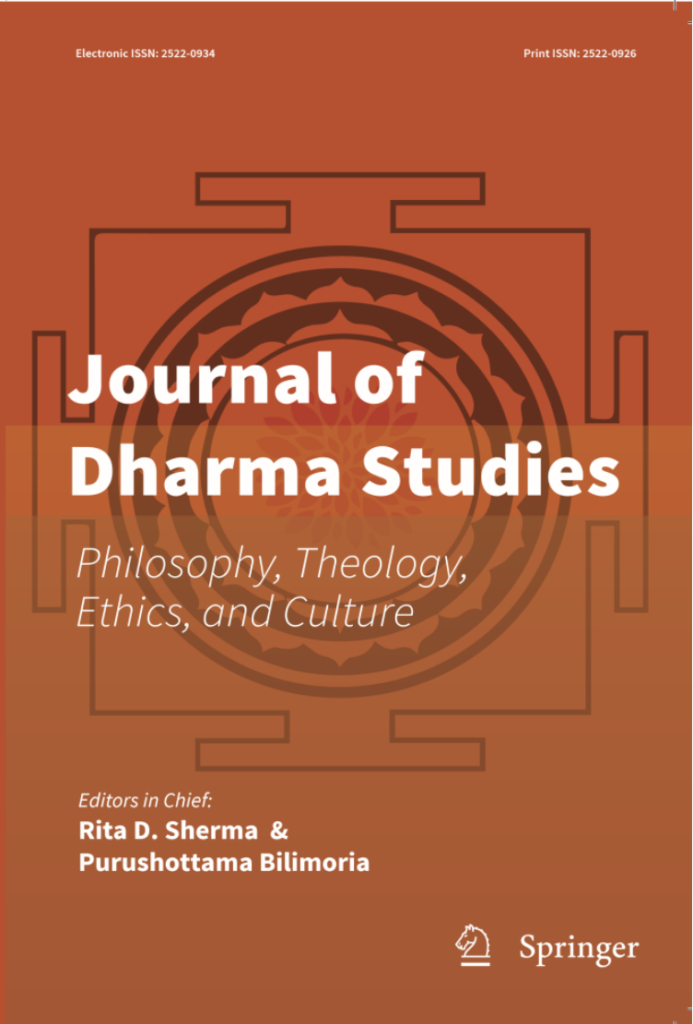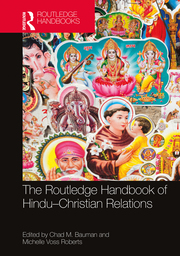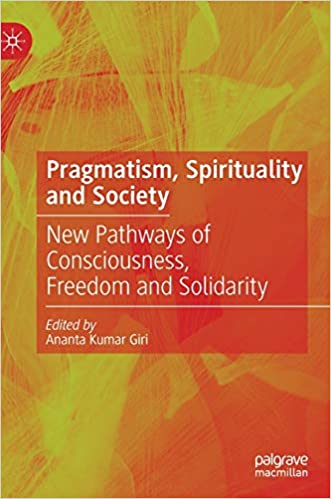Ted Ulrich of the Theology Department in the College of Arts and Sciences recently published the following:
"Justifying Warfare: Saint Augustine and Sri Aurobindo" in the Journal of Dharma Studies (2021)

About the article: Saint Augustine of Hippo (354–430) was one of the most influential Western Christian theologians. Sri Aurobindo Ghose (1872–1950) was a political revolutionary and later a spiritual master with a worldwide reputation. Augustine and Aurobindo were very different religiously and politically, but on the issue of justifying warfare, there are remarkable parallels between them. To begin, pragmatic considerations formed the core of most of their arguments. Furthermore, they buttressed their core points with considerations from the religious domain. These included discussing the inward disposition of the warrior, countering ethical reservations about fighting, and mentioning possible, spiritual benefits from warfare. Yet, in spite of the parallels, the two men would have found little to agree on, as their approaches to both governance and religion were very different. Augustine’s approach was statist whereas Aurobindo’s was revolutionary.
"Peace and Conflict" in The Routledge Handbook of Hindu-Christian Relations (2021)

About the book: Hinduism and Christianity have nonviolent ideals, but there are traditions in both which legitimate violence in certain circumstances. For instance, the Mahabharata, while generally accepting of religious and philosophical pluralism, endorses violence for enforcing the social order. On the Christian side, the foundational theologian, Saint Augustine, legitimated violence in the cause of religious belief. His stated aim was saving people’s souls. One can see these considerations at play in the history of Hindu–Christian relations. On the one hand, there is a long history of peaceful coexistence. On the other hand, there is a history among Western Christian peoples of using violence to promote religious and political agendas, presumably for the good of the recipients of that violence. On the Hindu side, there is an ongoing history of violence against Christians, who can be perceived, sometimes accurately and sometimes inaccurately, as threats to established authorities, traditions, and caste hierarchies.
"Orientalist Research in Bengal and Tamil Nadu: Some Contributions to Hindu-Christian Dialogue," in Into the Nuances of Culture: Essays on Culture Studies, ed. G. Baskaran and Blais Johny. Jaipur, India: Yking Books (2021)
"William James’s Pragmatism and Some Aspects of Roman Catholic Teaching" in Pragmatism and Spirituality (2021)

About the article: The Catholic Church, from its earliest times, attempted to synthesize religious faith and human reason by appropriating the insights of Greek philosophy. Thereby, it hoped to root its teachings in the objective order of the universe. However, modern philosophy called into question the degree to which there is an objective, knowable order. In the face of this challenge, William James argued that one should focus directly on religious experience itself, rather than on doctrine, which, he believed, one could not rationally argue in a compelling way. In contrast, the leadership of the Catholic Church responded to the challenge by reasserting the classic synthesis of faith and reason, especially as found in the writings of Thomas Aquinas. However, innovative Catholic thinkers, like Karl Rahner, tried to engage creatively the challenge of modern philosophy by giving more room, in their philosophy and theology, to religious experience. The efforts of theologians like Rahner have somewhat influenced the formal teachings of the Catholic Church. This, in turn, has positive ramifications for issues such as interreligious dialogue.






